Wednesday was the birthday of President Recep Tayyip Erdoğan, who already made it into the pantheon of influential Turkish politicians. One of the longest-serving leaders thanks to successive electoral victories, Erdoğan has never been one to publicly celebrate his birthday and this tradition did not change as he turned 71. His supporters, however, took to social media to express their fondness for the president, who they described as a servant or “man of the nation.”
Erdoğan’s Justice and Development Party (AK Party), which elected him as chair again with overwhelming support last Sunday, issued a message to celebrate his birthday. “Happy birthday to our leader who is the servant of his country and nation and a hope for the oppressed. You are welcome to lead your nation and you did well. Glad to have you,” the message on the social media said.
Azerbaijani President Ilham Aliyev, a good friend of Erdoğan, was among the first heads of state to extend a birthday greeting to Erdoğan on a phone call on Wednesday. The party also presented a basketball as a gift to Erdoğan during an event on Tuesday. Although a former football player, Erdoğan is also known as a basketball fan and regularly plays almost every Friday.
The president was born in Kasımpaşa, a working-class neighborhood on Istanbul’s European side, in 1954 to parents Ahmet, a ferry captain, and housewife Tenzile. In his early years, Erdoğan was passionate about football and played in amateur clubs in the 1960s. In the 1970s, he made his first foray into activism and politics. In this tumultuous decade, he was a member of the National Turkish Students’ Union. In the same decade, he enrolled in a business school at Marmara University and started rising in the football world of Istanbul with a transfer to the IETT Sports Club.
In 1976, he was elected as head of the youth branch of the National Salvation Party (MSP) for Istanbul, a tenure that would shape his political future. The MSP was the second major party co-founded by Necmettin Erbakan, Erdoğan’s political mentor. The young man rose in politics and his personal life as he married Emine Erdoğan two years later and welcomed his first child in 1979. But a military coup in 1980 disrupted the future president’s life as it did to millions of others. As political parties were shut down one by one by a military junta, Erdoğan had to suspend his political activities. In the same decade, he scrapped his budding football career as well. After graduating from Marmara University in 1981, Erdoğan pursued a business career and enrolled in the army. But politics have always been in his heart, and he joined the Welfare Party (RP) of Erbakan in 1983. A familiar face in the party due to his MSP past and activism in the Students’ Union, Erdoğan quickly rose in the party and was elected as Istanbul chair of the RP in 1985. A skilled orator and organizer, Erdoğan is credited with boosting the RP’s image in Türkiye’s most populated city.
In 1989, Erdoğan embarked on his long journey in political offices when he was nominated as mayor of the Beyoğlu district of Istanbul by the RP. He lost but was undaunted. In the 1991 elections, he was nominated for Parliament as a lawmaker from Istanbul, losing again. Erdoğan, however, did not lose hope and further emerged as a popular figure in the RP.
His big break in municipal politics came in 1994 when he beat relatively more popular candidates of other parties and was elected mayor of Istanbul at 40. This proved Erdoğan’s breakthrough and exposed him to national recognition. Erdoğan is credited with resolving the city’s chronic problems, from severe pollution to addressing longstanding water shortage problems. But Erdoğan faced another hurdle during his tenure. At a time of rising opposition to the RP, which formed a coalition government with the Right Path Party (DYP) by military brass eager for a repeat of the 1980 coup, Erdoğan found himself the target of the witch hunt against the conservative population. A poem deemed “reactionary” by the secular elite led by top generals landed him in a brief court battle. In 1997, Erdoğan, a poetry lover who still peppers his speeches with verses from his favorite poets, was sentenced over this poem, which cost him his seat as Istanbul mayor. He started serving his sentence in 1999 and was released a few months later. The incident only served to boost his image in politics.
With the RP suffering from the fallout of a 1997 coup, Erdoğan decided to carve out his own political path and founded the Movement of Virtue with fellow political activists and politicians after his prison stint. The Movement evolved into the AK Party in 2001.
Yet, Erdoğan’s troubles in politics were not over yet. As the AK Party edged closer to securing its first election win, Erdoğan faced a political ban in 2002. Although his party emerged victorious, Erdoğan had to wait for another year before his ban ended. In 2003, he was elected as a lawmaker from Siirt province and secured a parliamentary seat, enabling him to assume the duty of prime minister on March 15, 2003. Since then, Erdoğan has not lost any election while steadily rising in politics, despite attempts to unseat him, including a 2016 coup and a notorious 2007 memorandum by military brass to his government.
Although not without his fair share of opponents, Erdoğan’s back-to-back accomplishments to turn around the fortunes of the country that was on the brink of an all-out economic collapse when the AK Party won its first election, endeared him to millions. Under current laws, Erdoğan is not eligible to run in the next presidential elections in 2028, but he still tops the polls as the leading candidate for the electorate against the main rival, the Republican People’s Party (CHP).

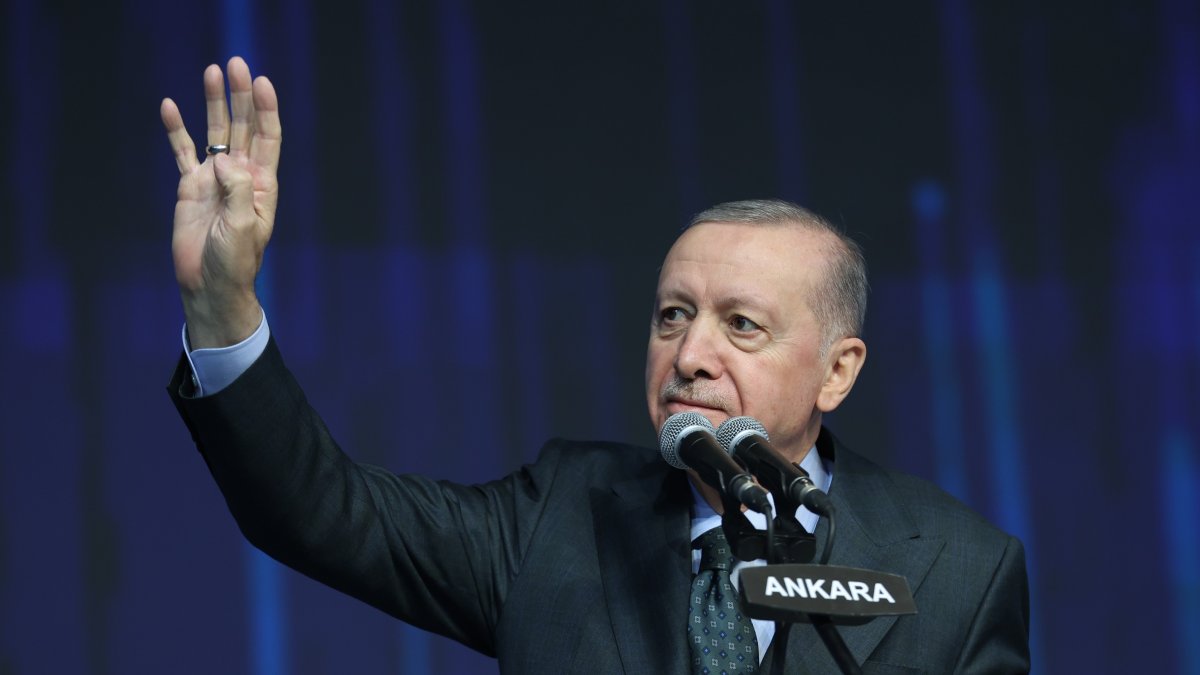
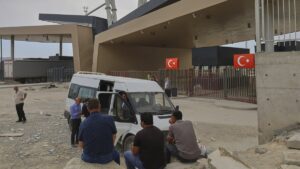
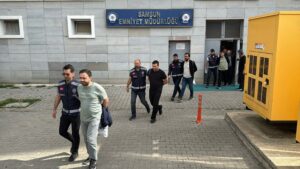


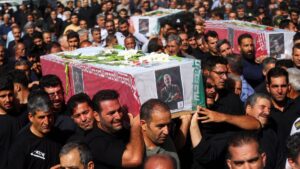
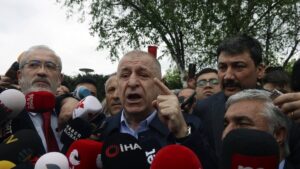
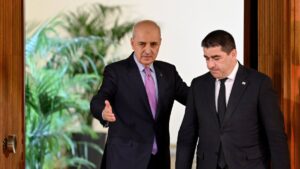
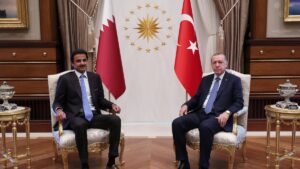

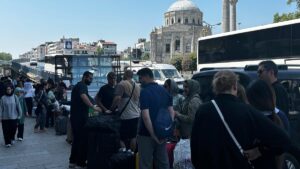
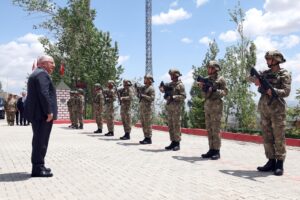
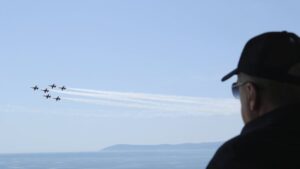

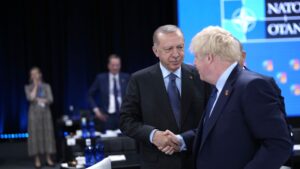


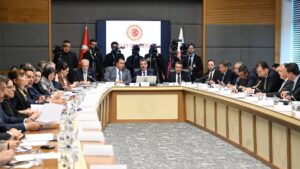

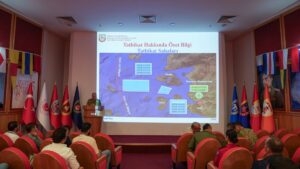
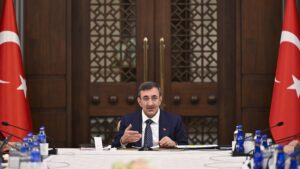

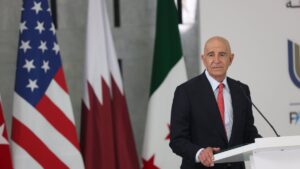
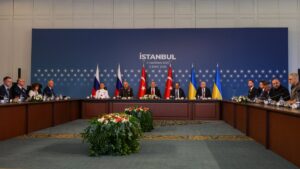


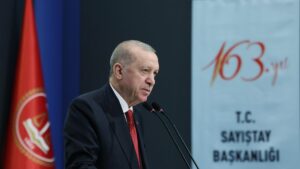
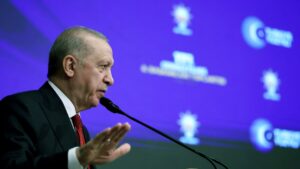
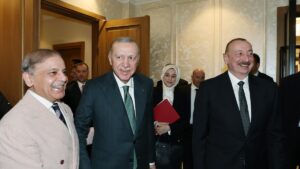

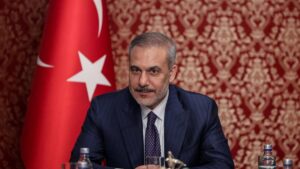
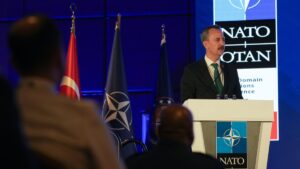
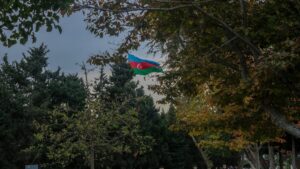
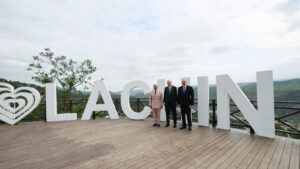

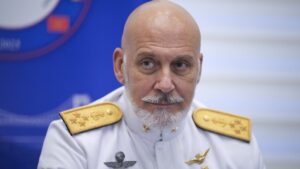
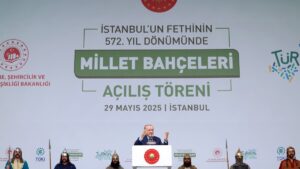

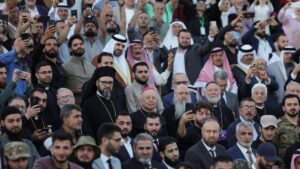
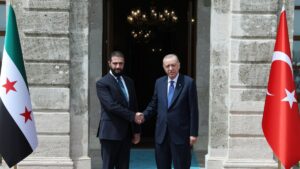

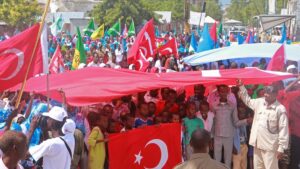
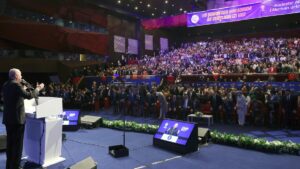
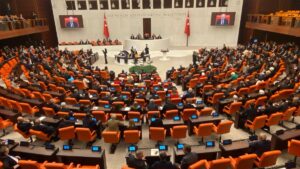
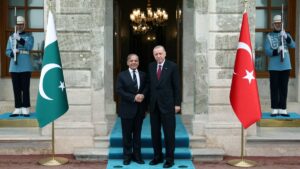
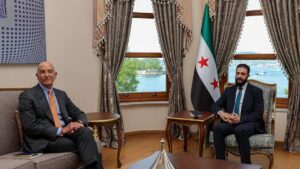

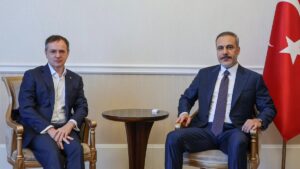
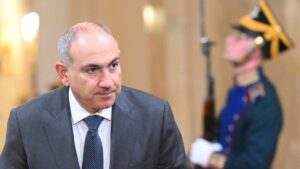
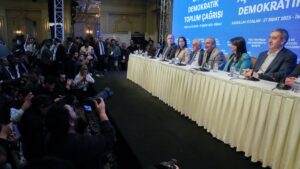
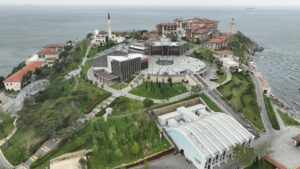
Be First to Comment